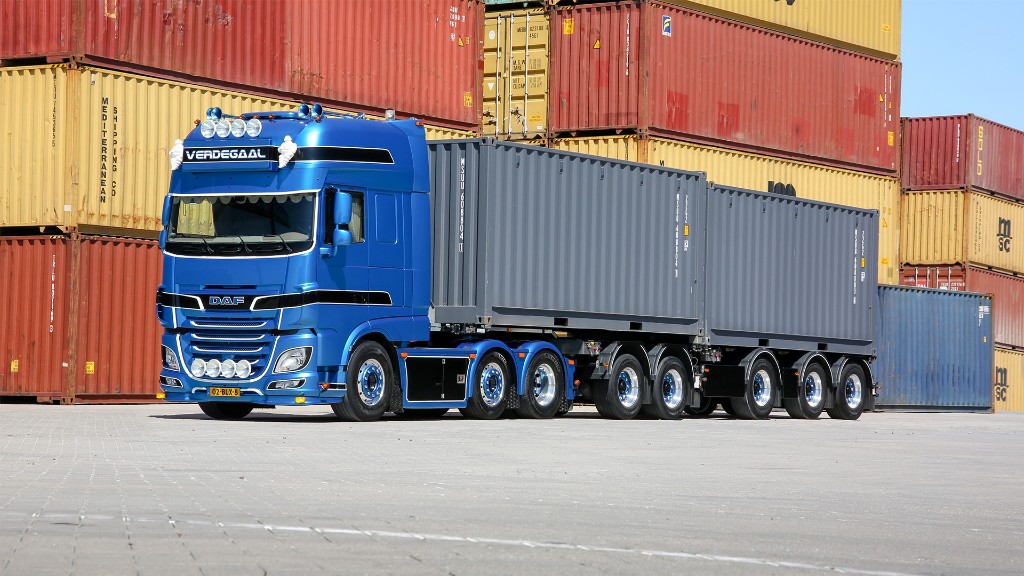
Container ships have revolutionized the world of international trade, enabling the efficient transportation of goods across vast distances. These massive vessels serve as the backbone of global commerce, facilitating the movement of goods between countries and continents. In this article, we will delve into the multifaceted functions and significance of container ships, exploring their role in shaping the modern global economy.
- Containerization: The Birth of Efficiency
Container ships are primarily used to transport standardized shipping containers, which have become the cornerstone of modern logistics. The concept of containerization, introduced in the 1950s, revolutionized the transportation industry by streamlining the loading, unloading, and storage processes. These containers, made of durable materials such as steel, are designed to withstand the rigors of long-distance travel and can be easily transferred between different modes of transportation, including ships, trains, and trucks. - Global Connectivity: Bridging Continents
Container ships serve as the vital link connecting manufacturers, suppliers, and consumers across the globe. By efficiently transporting goods from one port to another, these vessels enable businesses to access international markets and consumers to enjoy a wide range of products. From electronics and automobiles to clothing and food, container ships carry an extensive array of goods, fostering economic growth and cultural exchange between nations. - Economies of Scale: Maximizing Efficiency
One of the key advantages of container ships is their ability to transport large volumes of cargo in a single voyage. These vessels, often spanning several hundred meters in length, can carry thousands of containers, significantly reducing transportation costs per unit. By capitalizing on economies of scale, container ships enable businesses to achieve cost-effective global distribution, making products more affordable and accessible to consumers worldwide. - Environmental Considerations: Balancing Sustainability
While container ships play a crucial role in global trade, their environmental impact cannot be overlooked. As the demand for goods continues to rise, efforts are being made to minimize the carbon footprint of these vessels. Innovations such as slow steaming, which reduces fuel consumption, and the use of cleaner fuels are being adopted to mitigate environmental concerns. Additionally, the development of more efficient port infrastructure and optimized shipping routes aims to reduce congestion and emissions. - Future Trends: Embracing Technological Advancements
The container shipping industry is constantly evolving, embracing technological advancements to enhance efficiency and sustainability. Automation, artificial intelligence, and blockchain technology are revolutionizing various aspects of the shipping process, from cargo tracking and documentation to vessel navigation and maintenance. These innovations promise to further streamline operations, reduce costs, and improve the overall reliability of container shipping.
Conclusion:
Container ships have become the lifeblood of global trade, enabling the efficient and cost-effective transportation of goods across the world. From their role in containerization to their impact on the global economy, these vessels have transformed the way we conduct international commerce. As the industry continues to evolve, embracing sustainability and technological advancements, container ships will remain a vital component of the interconnected global marketplace.
